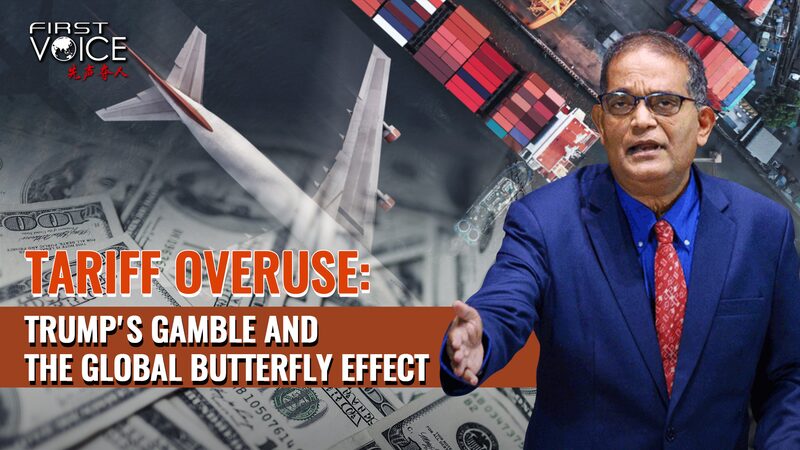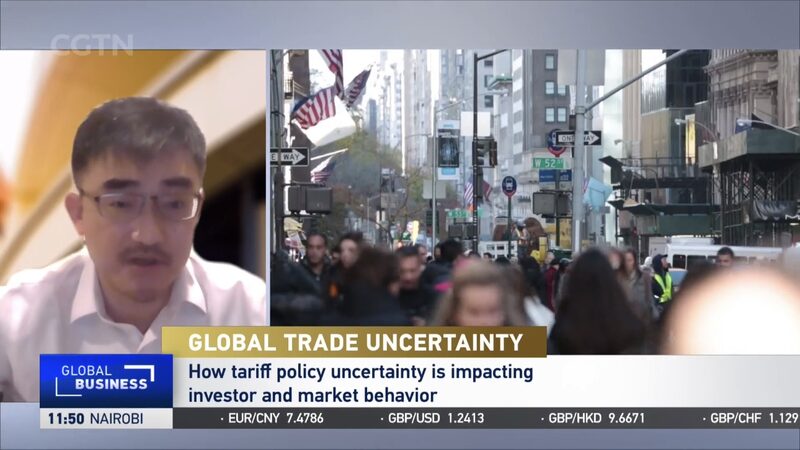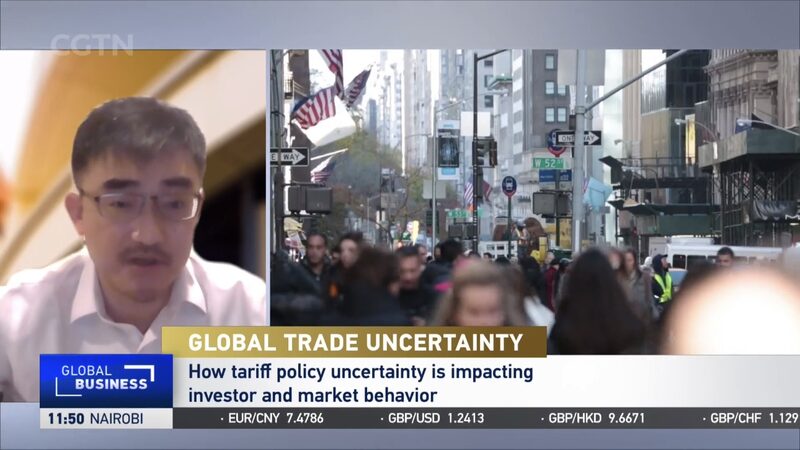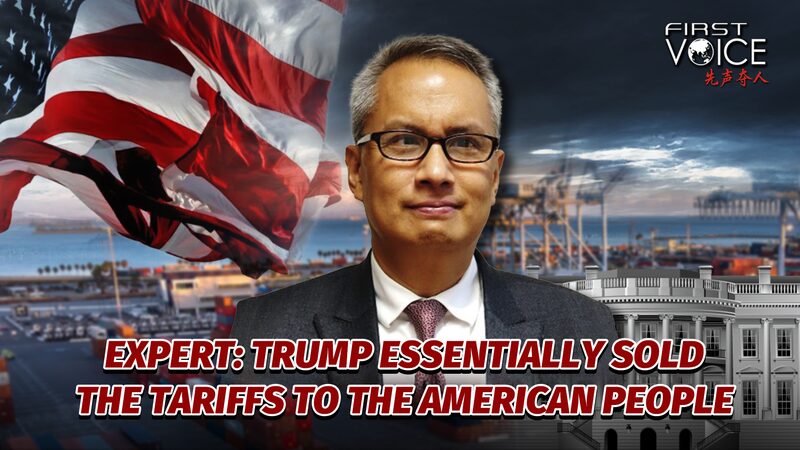In a significant escalation of economic tensions, U.S. President Donald Trump has announced the imposition of a 10 percent tariff on Chinese-made goods and a 25 percent tariff on products from Canada and Mexico, effective February 1. This move is justified by allegations that China is facilitating the distribution of fentanyl, a potent synthetic opioid, in Mexico and Canada.
Trump's decision to target China alongside Canada and Mexico highlights his administration's aggressive stance on trade. However, China's response, articulated by a spokesperson from the Foreign Ministry on February 2, underscores the futility of engaging in trade wars. \"The U.S. imposed a 10 percent tariff on Chinese exports to the U.S. using the fentanyl issue as an excuse. China is strongly dissatisfied with this and firmly opposes it. We will take necessary countermeasures to firmly safeguard our legitimate rights and interests,\" the spokesperson stated.
The Chinese government's position is based on the deep economic interdependence that defines today's global economy. Despite ongoing disputes, the U.S. and China remain vital trading partners. Disrupting this relationship with tariffs is expected to have widespread repercussions, affecting businesses, consumers, and governments worldwide.
American manufacturers who rely on Chinese components will face higher production costs due to the 10 percent tariff, likely leading to increased prices for consumers. This could erode purchasing power and contribute to inflation, potentially limiting access to one of the world's largest consumer markets.
While the administration argues that these tariffs are necessary to address trade imbalances and protect American jobs, the broader economic consequences tell a different story. Protectionist measures are likely to stifle innovation, disrupt global supply chains, and raise costs for both businesses and consumers in the U.S.
Meanwhile, China continues to advocate for free trade and multilateral cooperation. It remains an active participant in the World Trade Organization and has been a key player in initiatives like the Regional Comprehensive Economic Partnership, the world's largest free trade agreement, which came into effect in January 2022.
The implications of Trump's tariff threats extend beyond bilateral relations with China. Canada and Mexico, the U.S.'s top trading partners, have indicated their readiness to respond. Canadian Prime Minister Justin Trudeau has warned of potential counter-tariffs amounting to billions of dollars, while Mexico has emphasized its commitment to protecting national interests. Additionally, the European Union, criticized by Trump for its trade practices, is unlikely to remain passive in the face of these protectionist measures.
Reference(s):
cgtn.com




